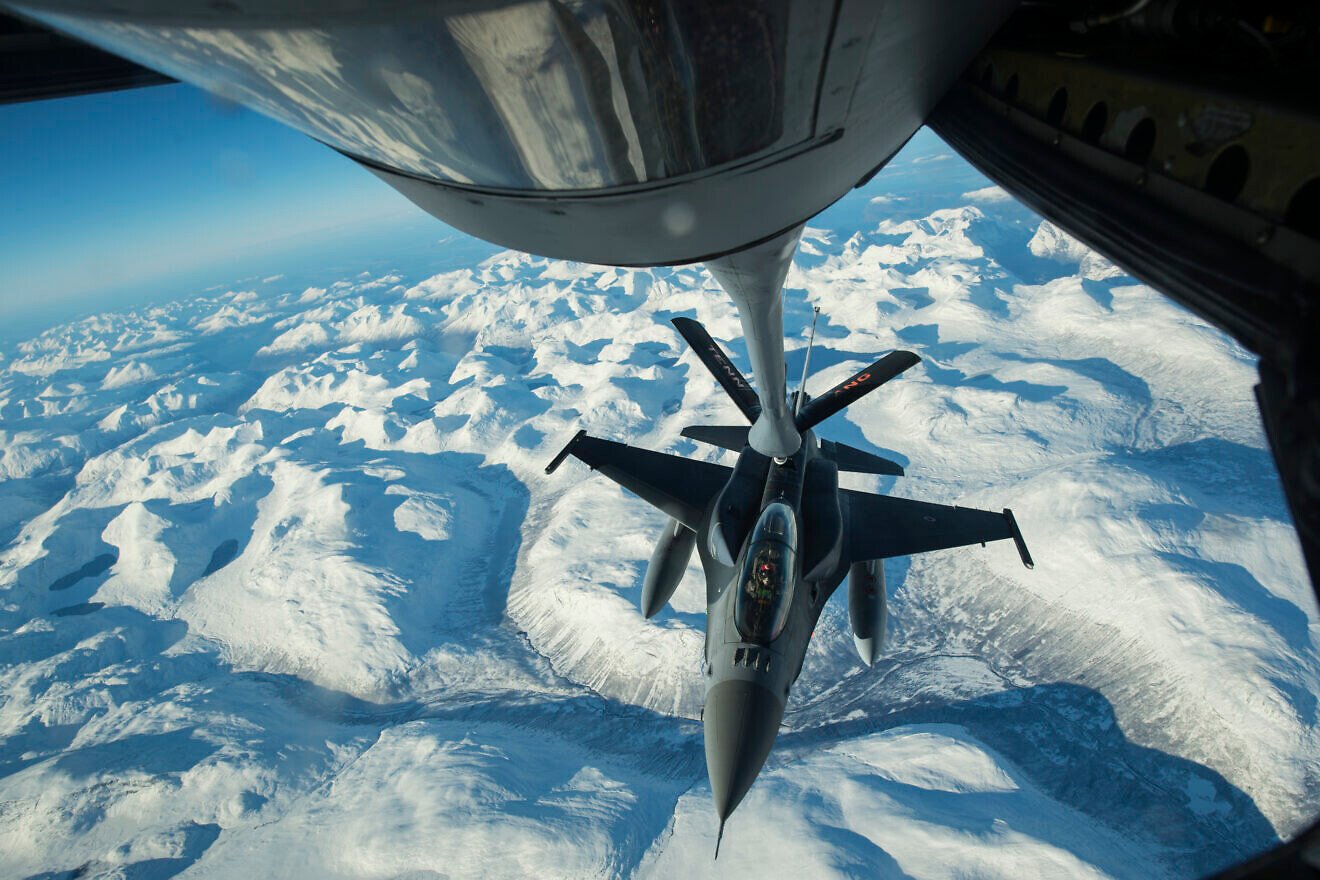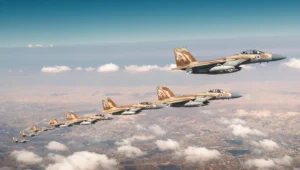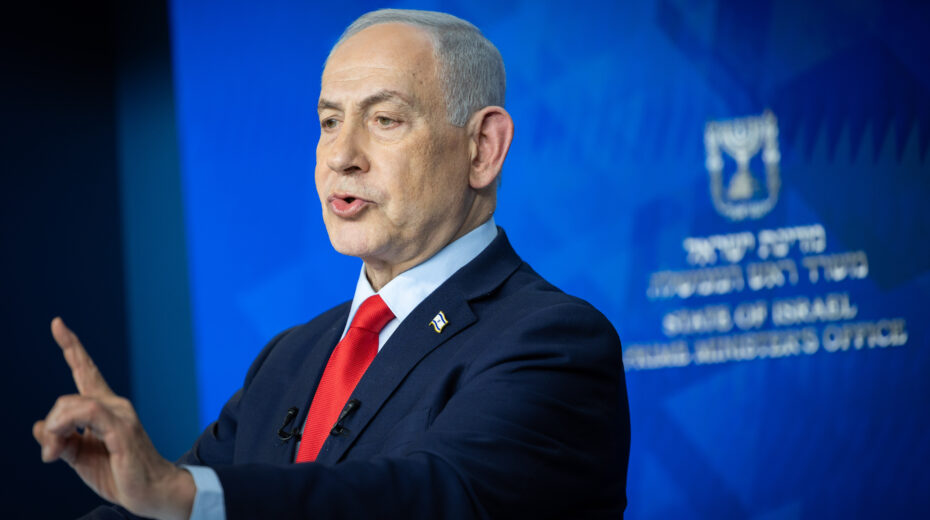(Israel Hayom) Turkish President Recep Tayyip Erdoğan visited the White House for the first time in six years, bringing with him a series of proposed agreements aimed at repairing the fractured relationship between the two NATO member states.
The meeting last Thursday with US President Donald Trump was expected to clear the way for Turkey to acquire everything from Lockheed Martin and Boeing aircraft to liquefied natural gas worth more than $50 billion, according to Turkish officials, who requested anonymity because the agreements have not been finalized.
The largest portion of the potential agreements on Thursday is expected to be in aviation. Boeing and Lockheed Martin may receive orders for up to 250 commercial airplanes along with additional F-16 fighter jets, Turkish officials said.
The purpose of the warplane purchase is to modernize the Turkish Air Force’s aging fighter fleet and adapt it to the challenges of the coming decade.
More importantly, Trump said previously that there is a chance to resolve the long-standing impasse regarding F-35 stealth jets.
Ankara was an original partner in Lockheed’s most advanced fighter jet program, but was removed after it acquired Russia’s S-400 air defense system. This acquisition resulted in congressional sanctions, known as CAATSA, which are directed at Turkey’s defense industries and remain in effect.
Assa Ophir, a Turkey expert from the Department of Middle Eastern Studies at Ariel University, said “the issue that should concern Israel most is Turkey’s desire to rejoin the stealth jet project and receive the F-35 aircraft.”
He continued, saying that “the US expelled Turkey from the program in 2019 because it purchased the Russian S-400 defense systems. Stealth jets in Erdoğan’s hands could lead to the loss of Israel’s air superiority in the region, and this is a very undesirable outcome for it. But the path for Turkey’s return to the stealth project and the receipt of the aircraft is still long.”
Ophir added that “Erdoğan will need to overcome two serious obstacles that do not depend solely on Donald Trump—CAATSA, which imposes sanctions on all countries that buy military equipment from Russia, and the National Defense Authorization Act—both of which [would require] laws that must be passed through the US Congress, where there is a hostile atmosphere toward Turkey.”
Originally published by Israel Hayom.














